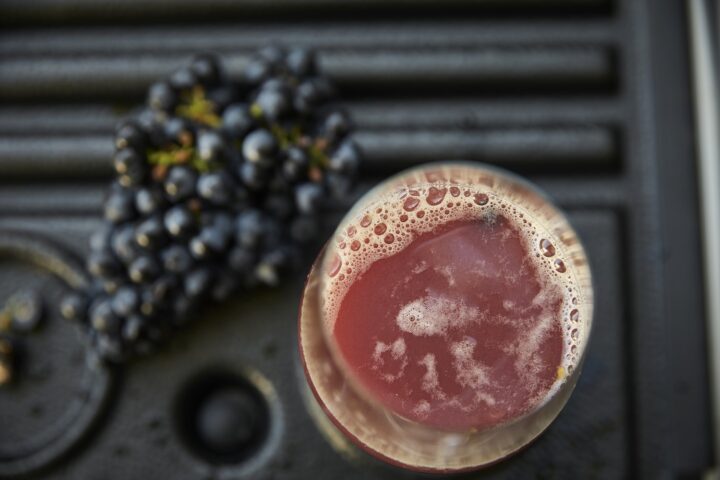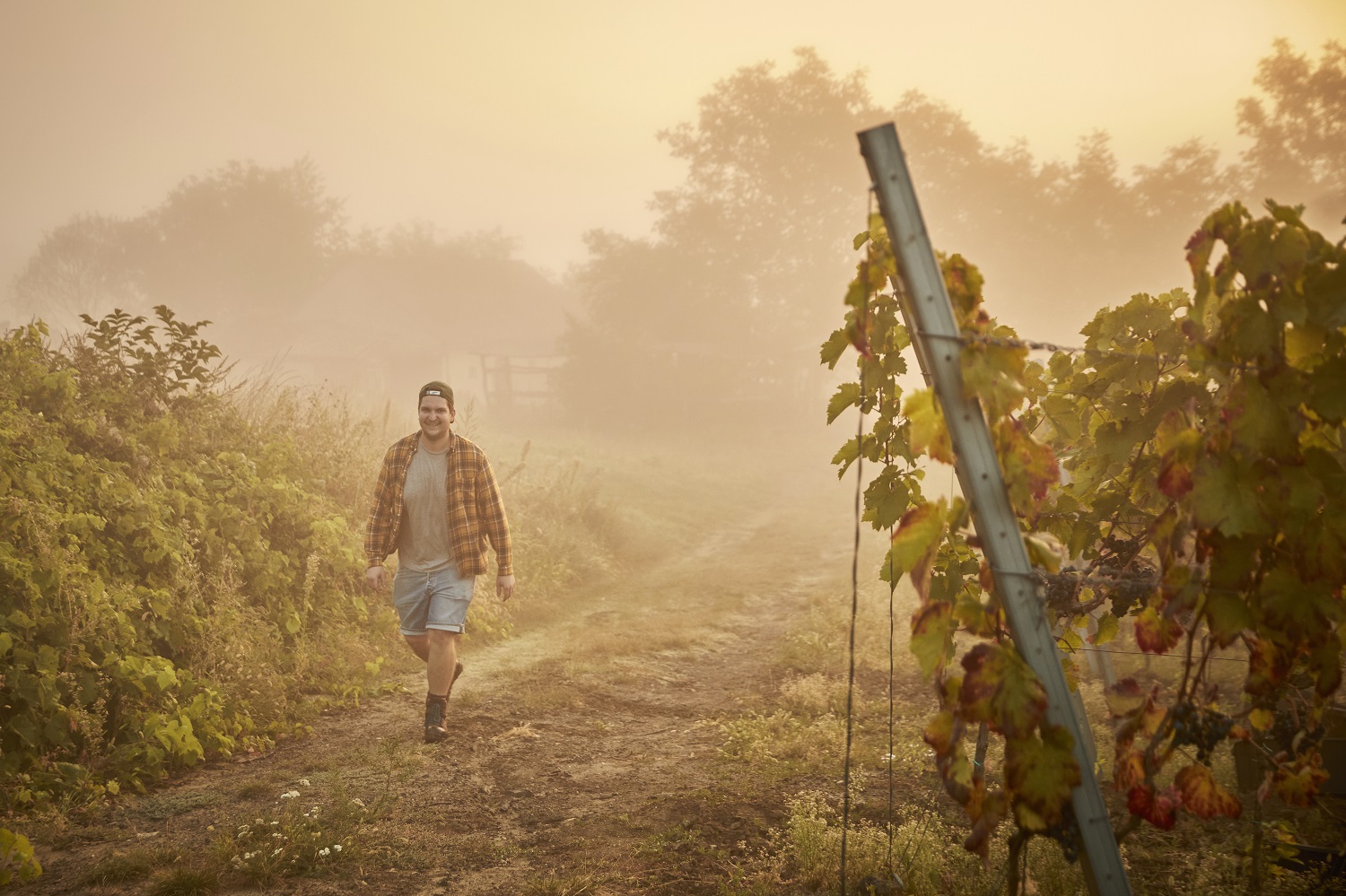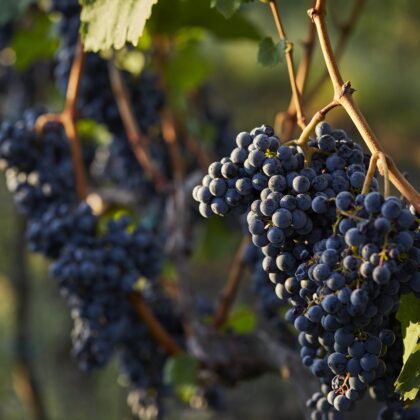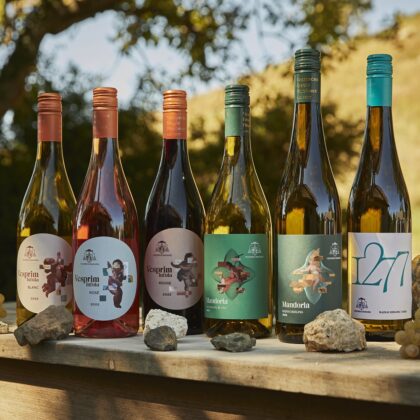The grape harvest is excellent, and Antal Benesch, head winemaker of the Archbishop of Veszprém Winery, expects a very good vintage. Harvesting ended in mid-October at Felsőörs and Mindszentkálla, with good quality white and blue grapes being harvested. However, the rainy spring and summer had given them a lesson, and they had to pay more attention than usual to plant protection.
“We were able to harvest very good quality blue grapes, and the white varieties – both sauvignon blanc and Riesling – are very aromatic. We’ll know more in December, as we need to see how the wines develop during ageing, but I’m expecting a very good vintage. We’ve had a tough few months,” says Antal Benesch, head winemaker at the Archbishop of Veszprém Winery,
The winery cultivates grapes on two of its own estates, Felsőörs in the Balatonfüred-Csopak wine region and Mindszentkalta in the Balaton-Highlands wine region, in the Káli basin, within the framework of the diocese. A total of seven varieties – sauvignon blanc, Riesling, Olaszrizling, kékfrankos, cabernet sauvignon, cabernet franc and syrah – are harvested.
The summer was sultry and rainy, the grape bunches arrived later, so the harvest started two weeks late at Felsőörs and Mindszentkálla. The earliest ripening variety of the Archbishop of Veszprém Winery is sauvignon blanc, and the harvest started with this popular grape variety in mid-September, followed by Riesling and Olaszrizling, and then finished with the harvest of blue grapes in the second week of October. “September was particularly warm and dry, so we were able to wait for the blue grapes to ripen perfectly, which were harvested at full biological maturity,” said Antal Benesch, stressing that he was satisfied with this year’s harvest, with good sugar and acidity levels.

The summer was wet and cool
However, the above-average spring and summer rainfall over many years gave them a lesson, and they had to be more vigilant to prevent fungal diseases such as powdery mildew and peronospora. “We had to be on the estate every day in July and August, and we were able to protect the vines with precise, thorough work. We also had to pay close attention to plant protection, phytotechnical operations and green work,” explains the head winemaker, adding that thanks to manual harvesting and selection, only healthy grapes are used to make wine.
The three new wine families of the Archbishop of Veszprém Winery made their debut this year: the basic wines are called Vesprim Infula, the mid-range wines are called Mandorla, while the premium wines are called 1277. The latter is an important date, since when the Archdiocese and its predecessor, the Bishopric of Veszprém, have been involved in viticulture and winemaking. “Both this year’s sauvignon blanc and the Rajnai Rizling have the potential to produce excellent wines that could be named after the premium wine family,” says Antal Benesch.



